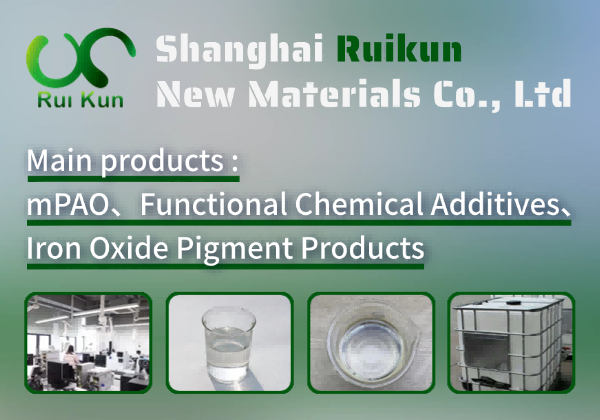What is Fatty acids, vegetable-oil
**Introduction to Fatty Acids (Vegetable Oil)** Fatty acids derived from vegetable oils are essential organic compounds widely used in food, cosmetics, pharmaceuticals, and industrial applications. Sourced from plants like soybean, palm, coconut, and sunflower, these fatty acids serve as key ingredients in cooking oils, margarine, soaps, and biofuels. Rich in unsaturated fats (such as omega-3 and omega-6), they promote heart health and nutrition, while saturated variants provide stability in processed foods. Their versatility extends to emulsifiers, lubricants, and skincare products due to their moisturizing properties. Sustainable and plant-based, vegetable oil fatty acids offer a renewable alternative to animal-derived fats, aligning with eco-friendly and health-conscious consumer demands.
Preparation Process: **Preparation Method of Fatty Acids from Vegetable Oil (100 words):** 1. **Hydrolysis:** Heat vegetable oil (e.g., soybean or palm oil) with water and a catalyst (e.g., sodium hydroxide or sulfuric acid) under reflux (60–100°C, 1–3 hours) to split triglycerides into glycerol and free fatty acids. 2. **Separation:** Allow the mixture to cool; the fatty acids form an upper layer, while glycerol and water settle below. Decant or centrifuge to separate. 3. **Purification:** Wash the fatty acids with water to remove residual glycerol, then neutralize with dilute acid if alkaline hydrolysis was used. 4. **Distillation:** Fractionally distill under reduced pressure to isolate specific fatty acid fractions (e.g., oleic, stearic, or linoleic acids). 5. **Drying:** Remove residual moisture using anhydrous sodium sulfate or vacuum drying. Store in airtight containers.
Usage Scenarios: Fatty acids derived from vegetable oils are widely used in food production as cooking oils, margarines, and dressings, providing essential nutrients like omega-3 and omega-6. In cosmetics, they act as emollients in lotions, soaps, and creams, improving skin hydration. Industrially, they serve as raw materials for biodiesel production, lubricants, and surfactants. They are also key in pharmaceuticals for drug formulations and as carriers for fat-soluble vitamins. Additionally, vegetable oil fatty acids are used in animal feed to enhance nutritional value. Their biodegradable nature makes them eco-friendly alternatives in detergents and cleaning products.
Fatty acids, vegetable-oil Basic Info
Fatty acids, vegetable-oil Price
China: $200-$400
Russia: $250-$500
Germany: $350-$700
India: $150-$300
Japan: $400-$800
Brazil: $200-$400
South Korea: $250-$500
Philippines: No results
United Kingdom: $350-$700
France: $300-$600
Mexico: $200-$400
Canada: $300-$600
South Africa: $150-$300
Egypt: $200-$400
Turkey: $250-$500
Thailand: $200-$400
Indonesia: $150-$300



